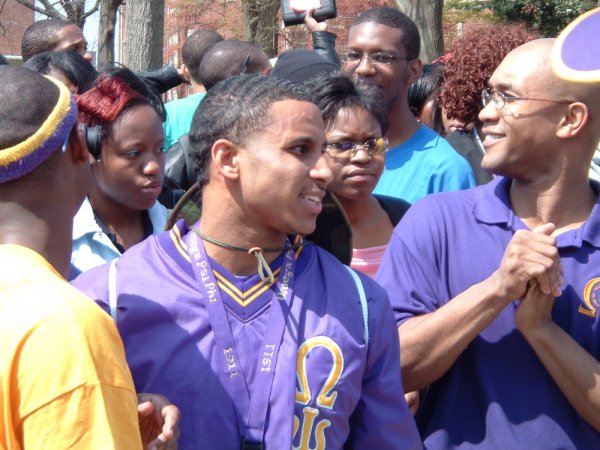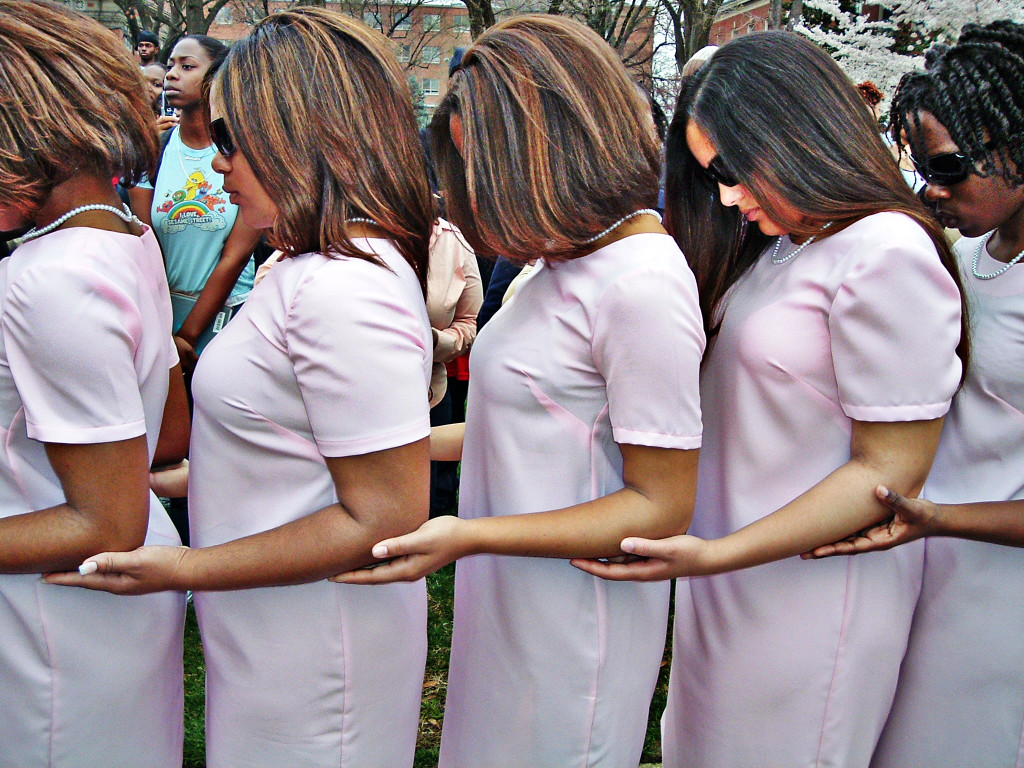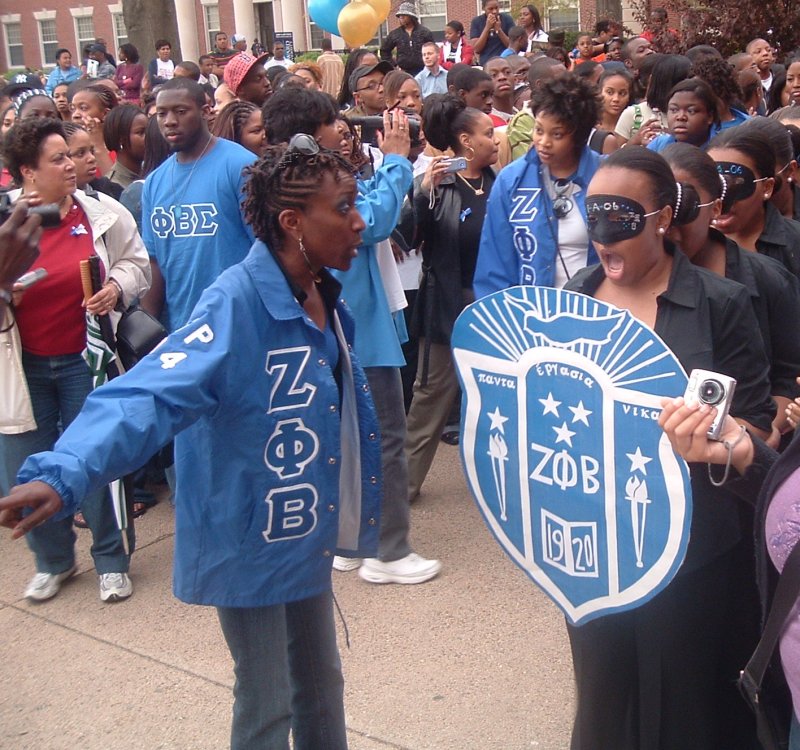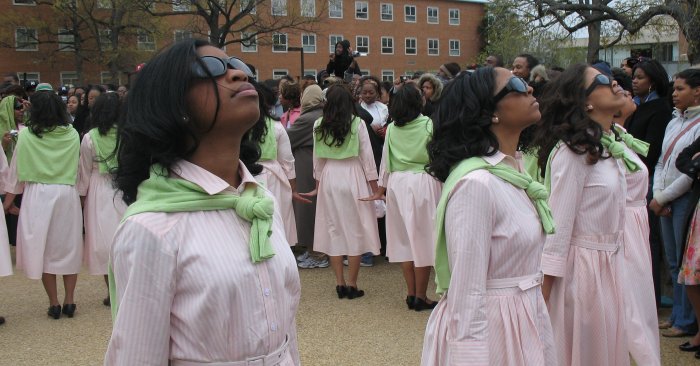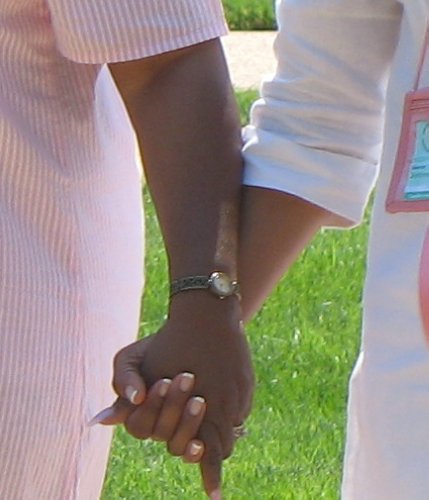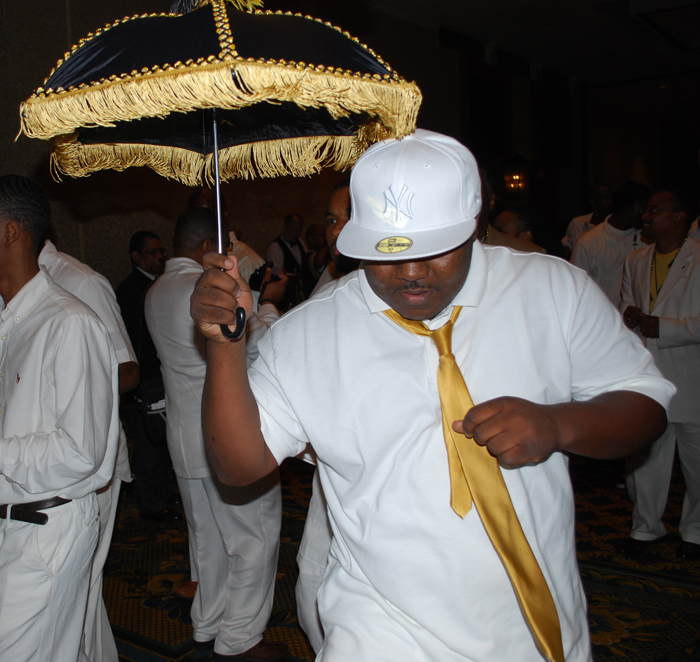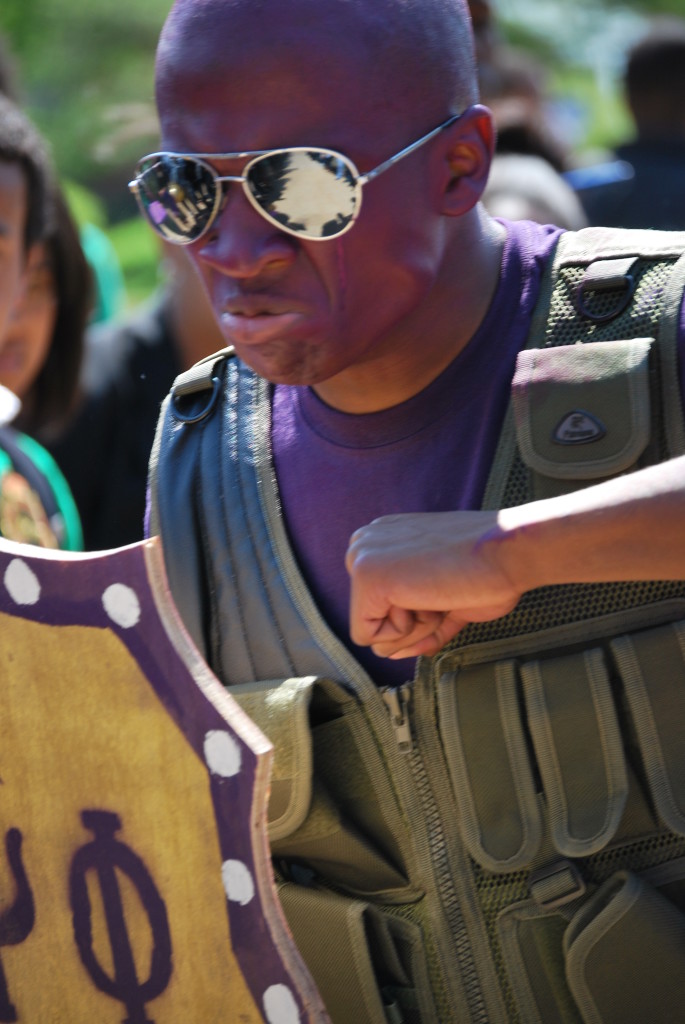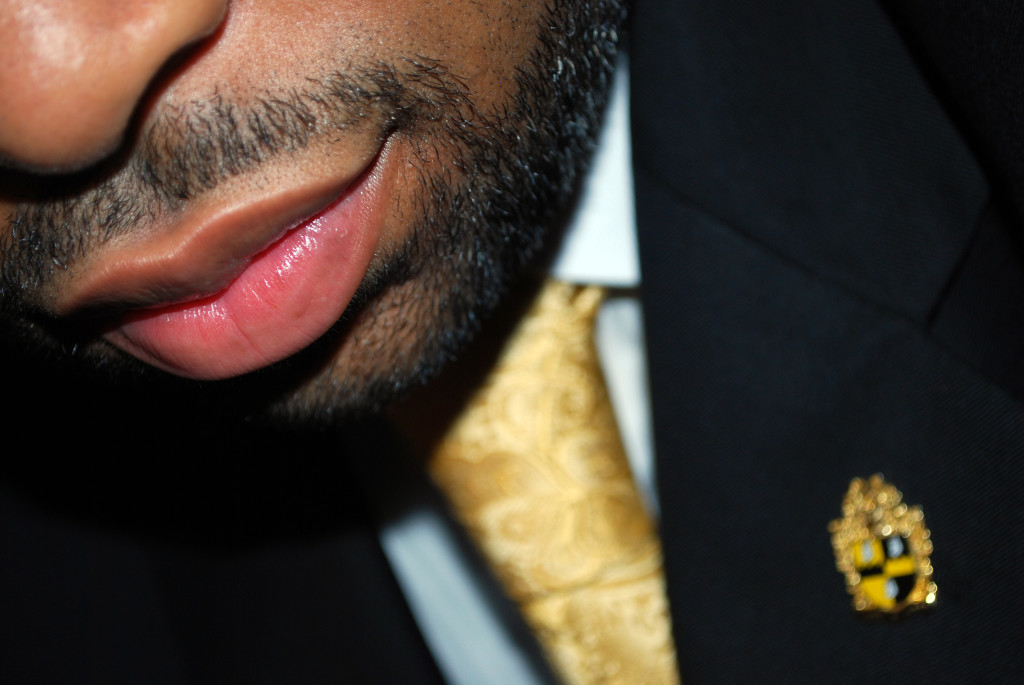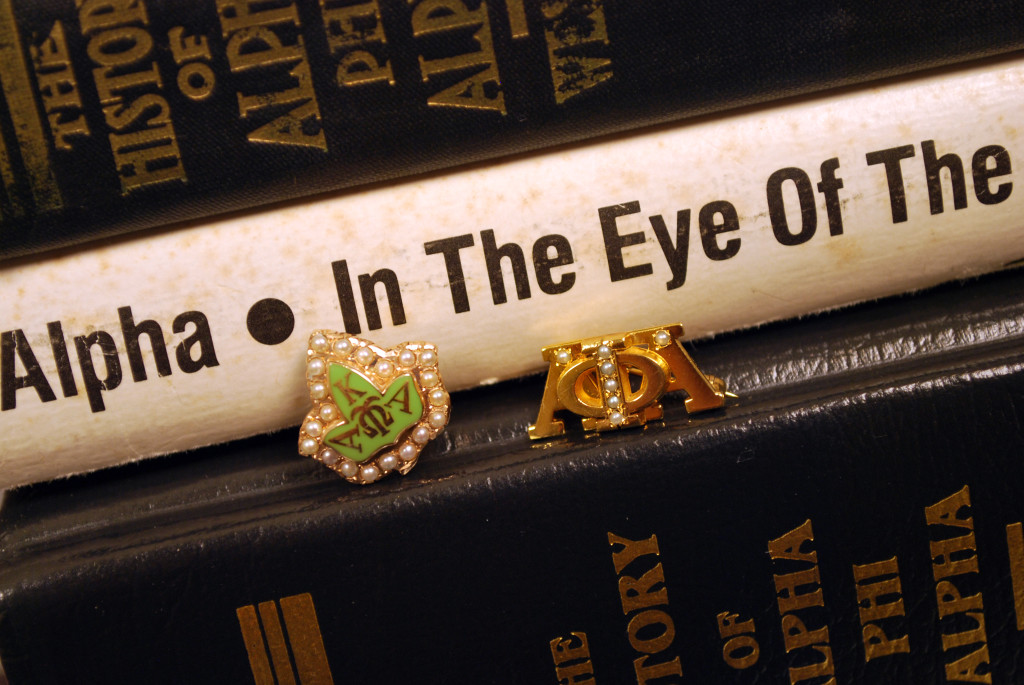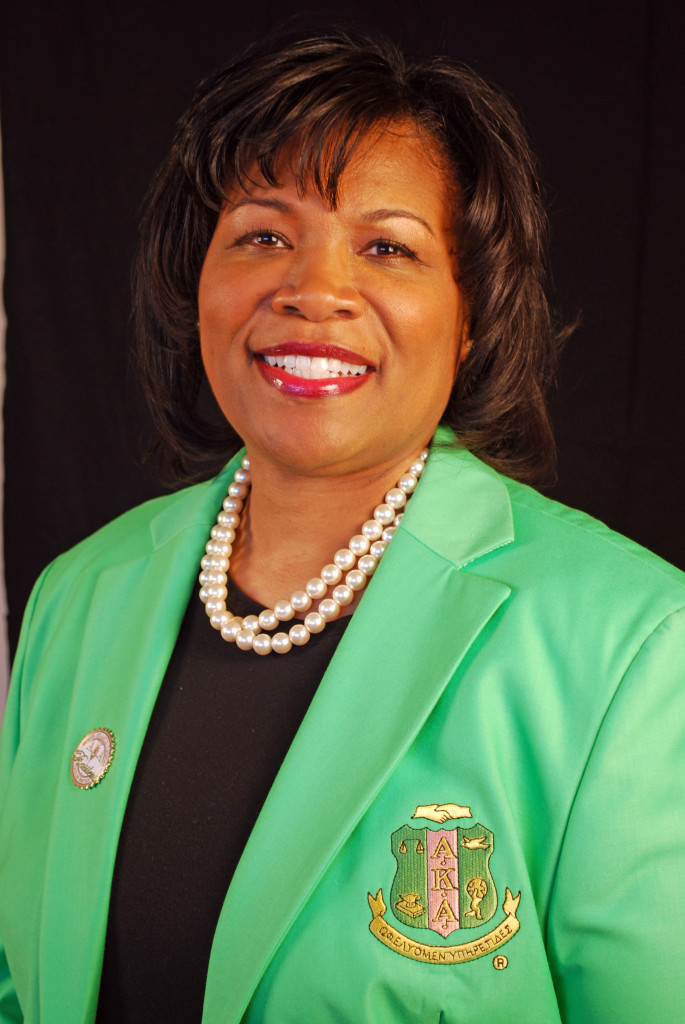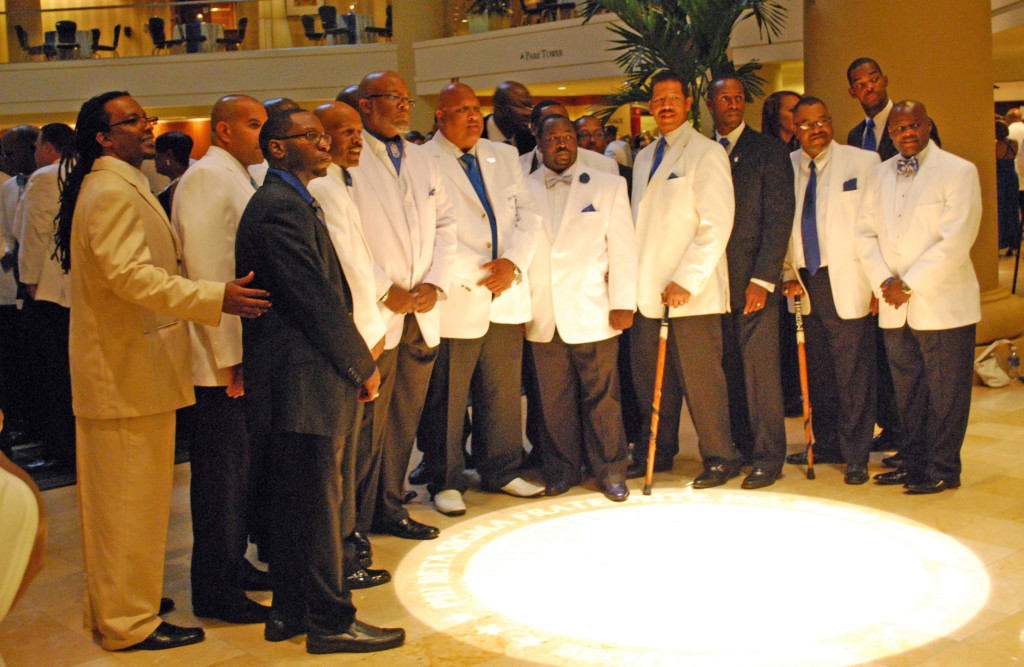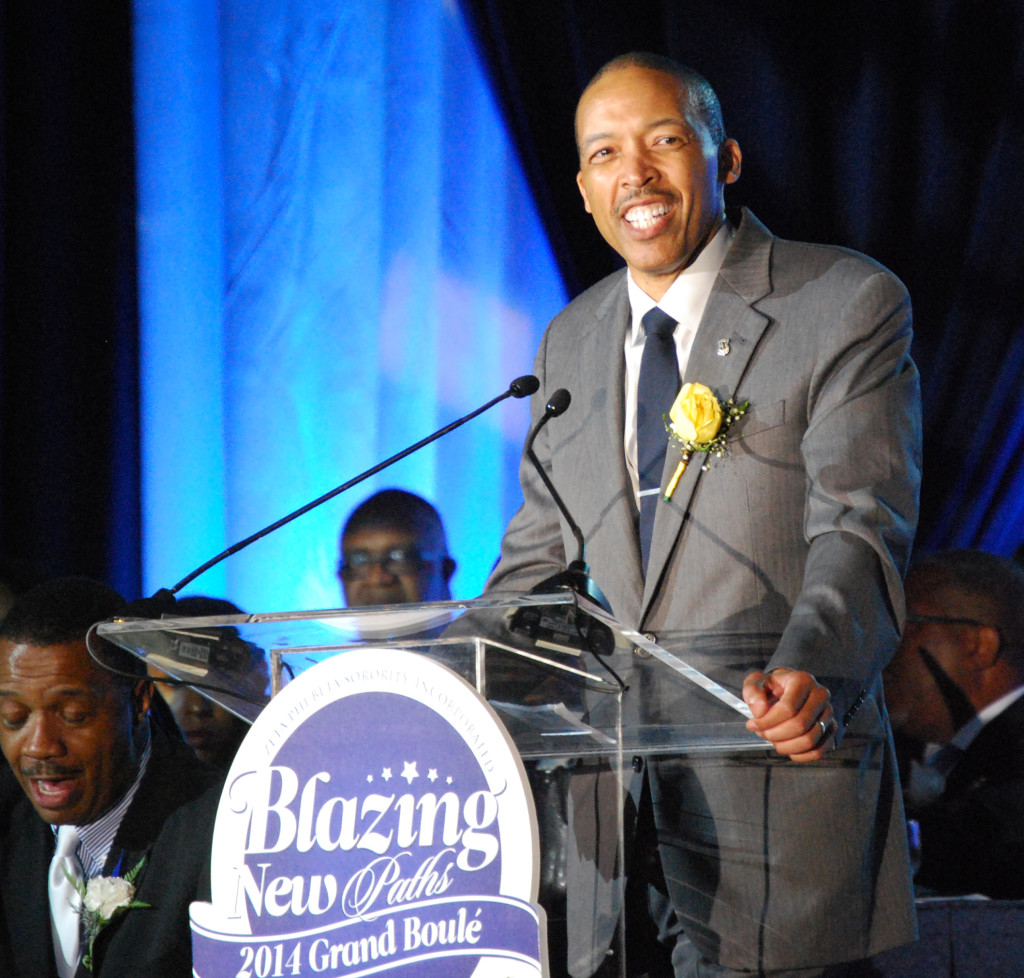Once upon a time there was a little black boy who won a writing contest in 1995. The Metropolitan DC Chapter of The Links, Inc., gave this boy a $300 prize for his short story “Vampires at Camp.” [Little known fact: Two characters from Birth of a Dark Nation originated in this story.] With this prize money, this boy bought a Single Lens Reflex (SLR) camera – the Nikon N6006. To his friends and family, that meant “the big camera.” All he wanted was a massive zoom.
Although there was some irony in this boy spending his prize money on tools for visual art, rather than using it on becoming a better writer, he was sure that the Links would approve of him striving to become a better artist all the way around. So, through high school, he used his camera practically everywhere he went, investing in film (!) and the cost of developing said film (!!) at the local Giant Food store.
That boy was me. I took my camera to college with me and began documenting my experiences there. I have boxes of photos from high school and college, many that I have not scanned, or I have scanned and haven’t organized them well.
By my senior year, my camera began failing and became useless. I could never afford to get it fixed, so I put it down for good. I then began using a digital point-and-shoot camera with a strong optical zoom. I lost one camera in a taxi cab, then got a similar, better one.
In 2003, around the time I became an Alpha, I got immersed in documenting fraternal life in DC, particularly at Howard, where I had become acquainted with many students and alumni through Alpha Phi Omega and Alpha Phi Alpha. Over the next six years, I took all sorts of photographs with just my little point-and-shoot camera.
2004:
2005:
2006:
2007:
2008:
And so on. I was also shooting non-Greek things, but I became well-known in the are for documenting the fraternal scene. Not only did the Hilltop newspaper use my 2005 images without my permission, I’ve had people use my images in event flyers and such.
Yes, I could watermark my images. But I choose not to. I think my work has a style that speaks for itself.
At any rate, in 2009 I asked for and was gifted with my first (and current) digital SLR camera! It is a Nikon D60 and I love it. It reminds me of my first camera, but I am pushing myself a lot further with it. Since, you know, it’s impossible to waste film with a digital camera.
Here’s how my images of the fraternal world improved with the DSLR:
2009:
2010:
2011:
2012:
2013:
2014:
And that brings us to today.
I am not a perfect photographer and I try to learn a little more with every photo shoot. I enjoy portraiture and I like event photography. I still have a strand of photojournalism in me.
But all of that is just a preface. I want to stress something for all of you in 2015:
The phone on your camera will always be inferior to a good, digital point-and-shoot camera. And a DSLR camera, when used properly, will always be better than both.
The images on your phone can, indeed, be very very good – if you know what you’re doing. As someone who is better at composition than any technical aspect of my own camera, I sort of know what I’m looking for when I look through the “lens” of my phone. But a camera – an actual camera – gives me far more control up front.
What’s the point of having a phone full of images if they are all blurry? Too far away? Pixelated? Off-color?
Yes, yes, we all know the tricks of the trade – a blurry photo can look “vintage” with a sepia filter. I get it. I do that, too.
But come on, people, I need you to hear me: please invest in your own memories. Get a good digital camera to put in your coat pocket. Capture those moments. Zoom in with an optical zoom, not a digital zoom. Take better photos.
And after you take those photos, download them to your computer. Save them. Organize them.
Invest in photo editing software if you like filters and such. Adobe PhotoShop if you gangsta. OnOne Perfect Photo Suite if you not so gangsta.
Share your photos. I like Flickr a lot because it integrates will with so many social networking sites.
But you know you don’t have to share the bad ones, right? If you took 40 photos and 30 are blurry, it’s fine to only share the best ten! Just keep practicing, get better.
Print your photos! Yes, you can still get your digital photos printed. I use the FreePrints app by Photo Affections.
I just really want everybody to do better in 2015. I’m tired of hearing about young mothers who lose all their photos of their babies because they didn’t have the photos saved externally. I am tired of seeing blurry photos from friends who I know have a steadier hand than their photos portray. And yes, I am tired of selfies.
Of course, you could always just hire your own personal photographer if you don’t feel like doing it all yourself. If you do go that route, think of me first.

